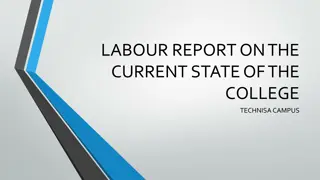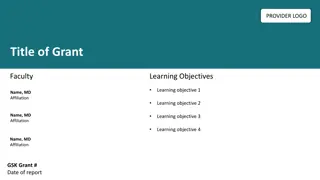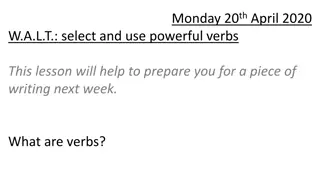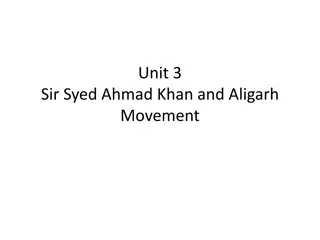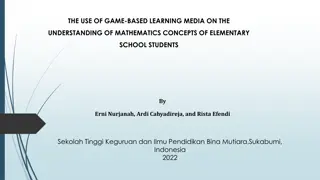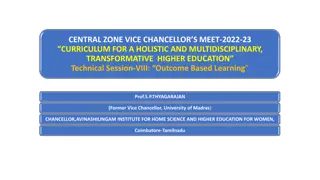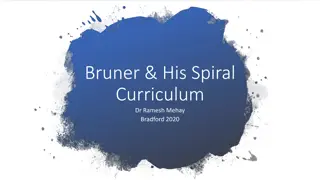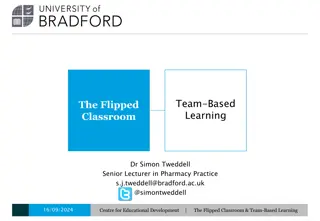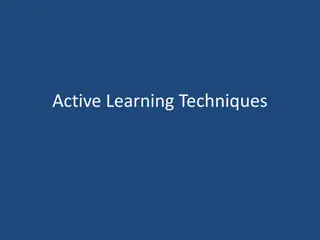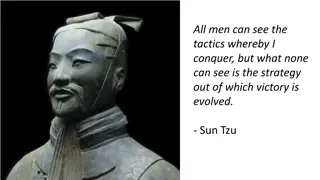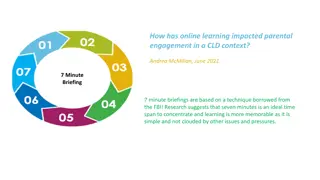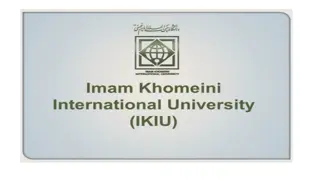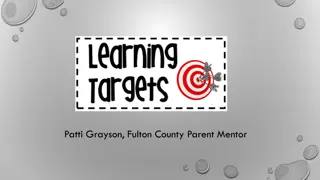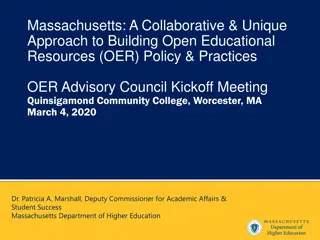Understanding Service Learning: A Powerful Educational Approach
Service Learning is a teaching methodology that combines community service with education and reflection to enhance learning, foster civic responsibility, and improve communities. It promotes teamwork, critical thinking, problem-solving, and deeper learning through hands-on experiences. This approach is not only about gaining knowledge but also about personal growth, emotional development, and values exploration. Service Learning is more than just volunteering or meeting community service hours; it is an immersive educational experience that benefits both the participants and the communities they serve.
Download Presentation

Please find below an Image/Link to download the presentation.
The content on the website is provided AS IS for your information and personal use only. It may not be sold, licensed, or shared on other websites without obtaining consent from the author. Download presentation by click this link. If you encounter any issues during the download, it is possible that the publisher has removed the file from their server.
E N D
Presentation Transcript
Service Learning is a teaching and learning strategy that integrates meaningful community service with instruction and reflection to enrich the learning experience, teach civic responsibility, and strengthen communities. National Service-Learning Clearinghouse Source: National Service-Learning Clearinghouse <www.servicelearning.org/what_is_service-learning/characteristics/index.php>
They are positive, meaningful, and real to the participants. They involve cooperative rather than competitive experiences and thus promote skills associated with teamwork and community involvement and citizenship. They address complex problems in complex settings rather than simplified problems in isolation. Source: National Service-Learning Clearinghouse <www.servicelearning.org/what_is_service-learning/characteristics/index.php>
They offer opportunities to engage in problem- solving by requiring participants to gain knowledge of the specific context of their service-learning activity and community challenges, rather than only to draw upon generalized or abstract knowledge, such as might come from a textbook. As a result, service learning offers powerful opportunities to acquire the habits of critical thinking; i.e. the ability to identify the most important questions or issues within a real- world situation. Source: National Service-Learning Clearinghouse <www.servicelearning.org/what_is_service-learning/characteristics/index.php>
They promote deeper learning because the results are immediate and uncontrived. There are no "right answers" in the back of the book. As a consequence of this immediacy of experience, service learning is more likely to be personally meaningful to participants and to generate emotional consequences, to challenge values as well as ideas, and hence to support social, emotional, and cognitive learning and development. Source: National Service-Learning Clearinghouse <www.servicelearning.org/what_is_service-learning/characteristics/index.php>
An episodic volunteer program An add-on to an existing school or college curriculum Logging a set number of community service hours in order to graduate Source: National Service-Learning Clearinghouse <www.servicelearning.org/what_is_service-learning/characteristics/index.php>
Compensatory service assigned as a form of punishment by the courts or by school administrators Only for high school or college students One-sided: benefiting only students or only the community Source: National Service-Learning Clearinghouse <www.servicelearning.org/what_is_service-learning/characteristics/index.php>






